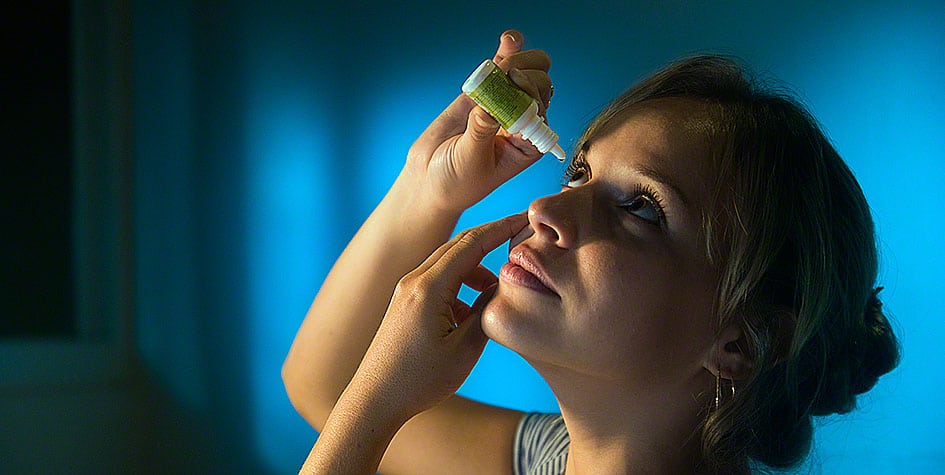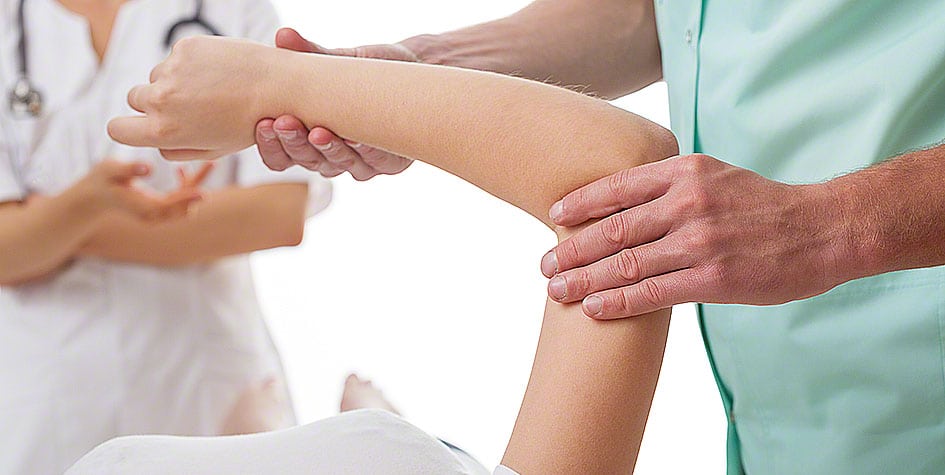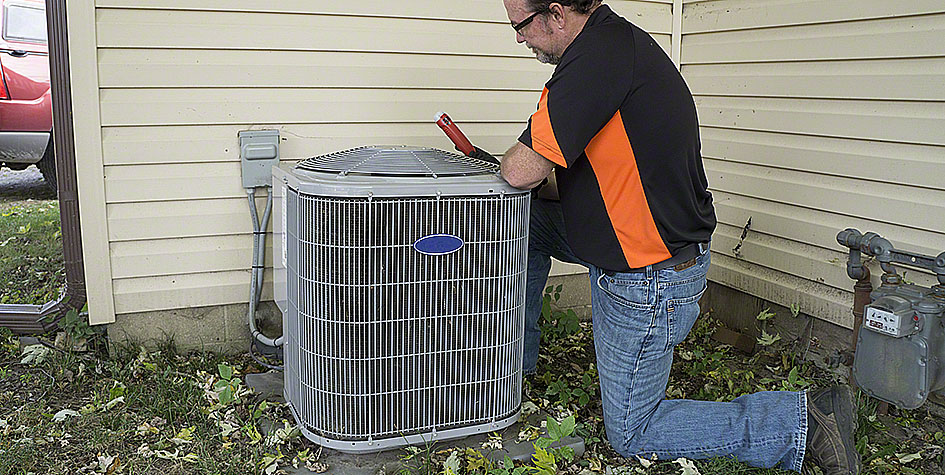“Don’t scratch, don’t touch.” That’s the common mantra of every allergy clinic. It’s needless to say allergies are a pain. They take at the very least a week to cool down.
Types of allergies
There are many causes of skin allergies, main causes are coming in contact with certain plants (poison ivy, for example), allergic reactions to either medication or food.
- Eczema
It is also known as Atopic Dermatitis, but the lay man term is eczema. Ten to twenty percent of kids get effected by eczema, and one to three adults are known to have eczema. Mostly it’s pretty common in infants.
Symptom
Indications of eczema is very noticeable, red and irritated skin, if you have severe eczema then your skin can get very itchy as well. If eczema is not treated, it can become infected, indication of infection; small round bumps, that are filled with yellowish liquid that oozes out when scratched. When the skin gets really dry with eczema it can also bleed while scratching.
Diagnosis
Allergists at allergy centers are trained to observe rashes on the skin and construe eczema, they also ask a lot of questions about what soap, shampoo, detergent you use, how much exposure you get to what environment, to deduce what triggered the eczema.
Treatment
Prescribed medicines that may include, topical steroids or antihistamine is the basic treatment with infants and adults. Since it is basically skin drying out, the mild case of eczema can be treated by petroleum jelly and moisturizers.
- Hives
Urticaria commonly known as Hives, shows up as either red bumps or red welts on the skin. There are two types:
- Acute urticaria: it can last for up till six weeks
- Chronic urticaria: when acute urticaria goes beyond six weeks it becomes chronic urticaria
Cause
Hives are caused by allergens that may include:
- Food (peanuts, eggs, nuts, shellfish)
- Antibiotics (especially penicillin and sulfa), aspirin and ibuprofen
- Insect stings/bites
- Latex
- Blood transfusions
- Bacterial infections
- Viral infections, (common cold and hepatitis)
- Pollen
- Plants, (poison oak and poison ivy)
Symptoms
- Embossed prickly zits, they can be both red or skin-colored.
- Blanching: when pressure is applied the center turns white.
Treatments
The most logical treatment is precaution, if you know your triggers avoid them.
It can be treated by both, over the counter medication of prescribed medication, it all depends on how painful your hives are. In any case you will need to see an allergy reaction.
- Contact Dermatitis
Contact dermatitis happens when the body gets affected by an irritant or an allergen. Symptoms can include a rash, blisters, itching and burning. Example, wearing your new necklace resulted in a rash around your neck, or a new ring gave you itchy bumps may be. These are the common cases of contact dermatitis.
Causes
- Perfumed soaps or hand washes
- Rubber
- Deodorants
- Bleach
- Hand sanitizers
Symptoms
Like other allergies contact dermatitis also have very common indications, that are very evident such as:
- Angry red, irritated skin
- Itching or burning
- Swelling or puffiness
- Bumps or blisters, at times filled with clear puss
- Hot skin
The case can be either mild or severe. It can take either an hour to 10 days at tops to get clear depending on how serve the case is. Fortunately, it’s not contagious. If ever you get in contact with an irritant and you are aware of it, wash the area with soap and cold water.
Treatment
To treat contact dermatitis, you need to go through two steps:
- Treating the skin
- Knowing what is causing it as in the triggers.
Experts at the allergy centers would either suggests ointments or oral medications. They would also advise you to avoid rubbing the affected area to prevent infection.
How to Identify the Allergy Triggers or Irritants?
Tracing back your steps, and making a mental check at what you did and what you came in contact with can help you identify the triggers of your contract dermatitis.
Skin is the shield of our body, according to allergist at allergy centers, you should always check in an allergy clinic even if a minor rash breaks out. So that it doesn’t turn in to a server infection.


















Comments